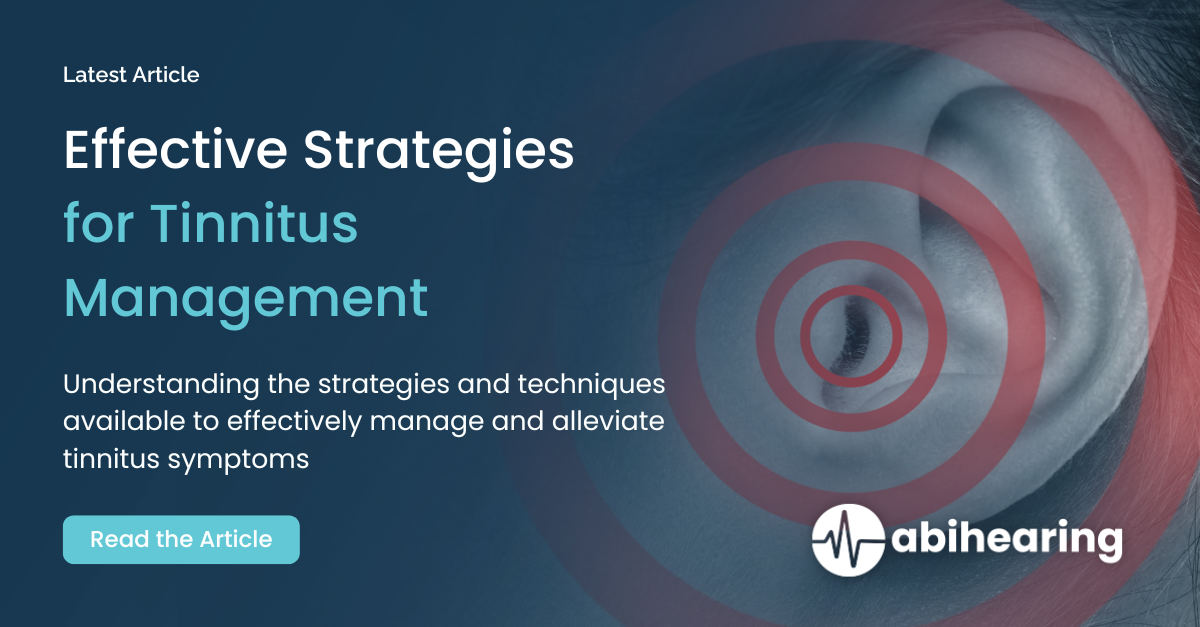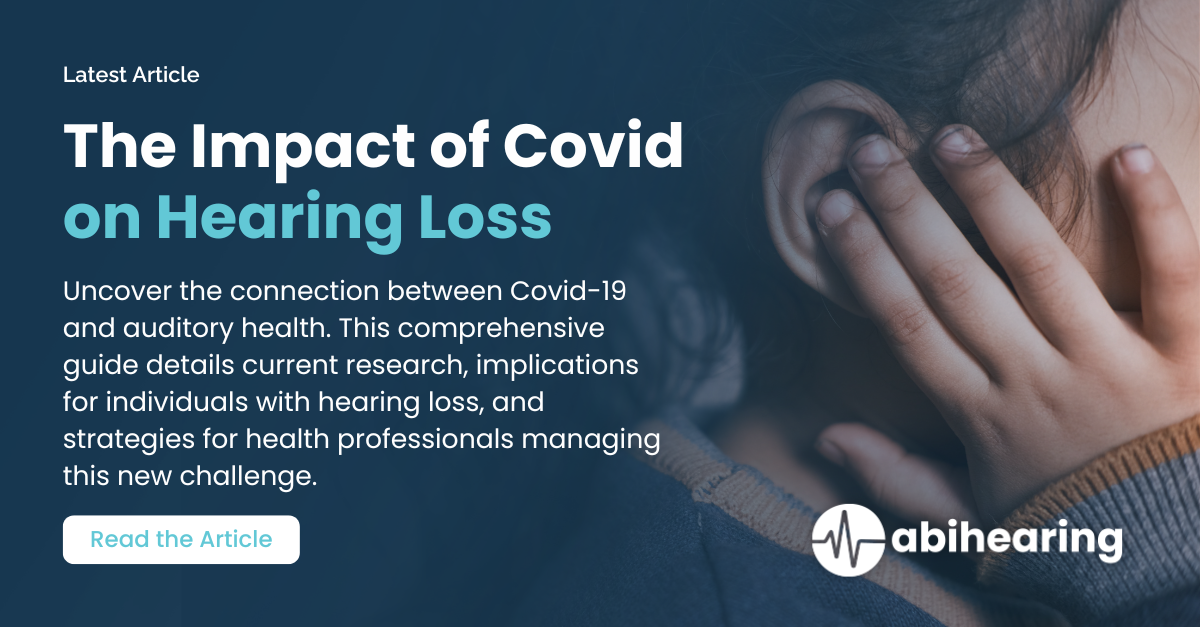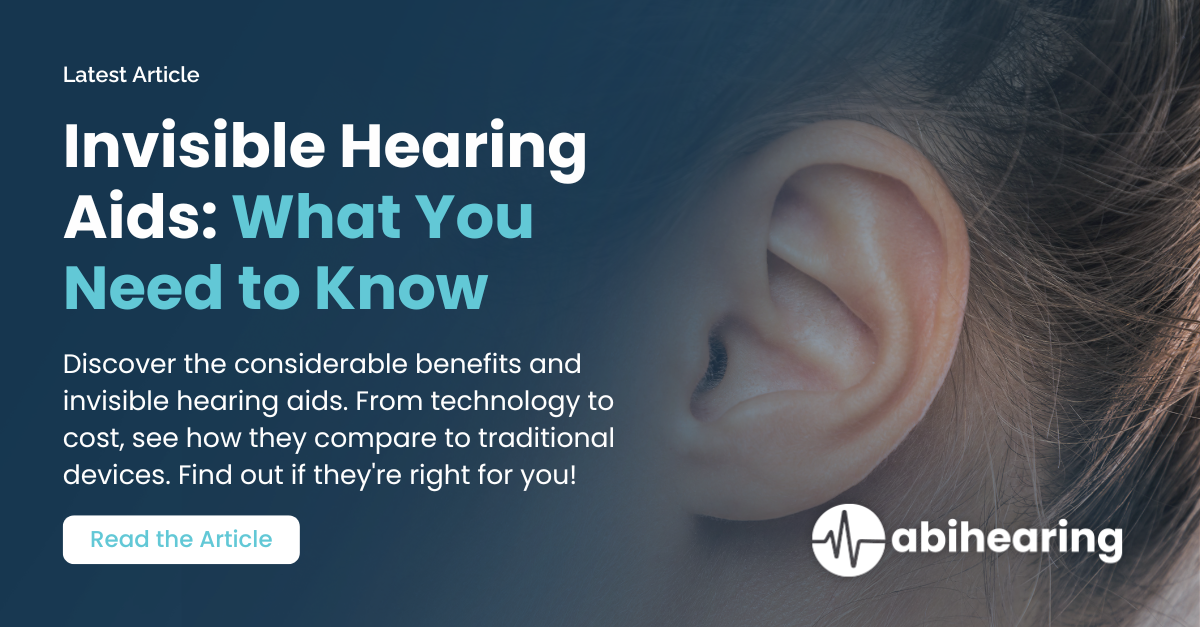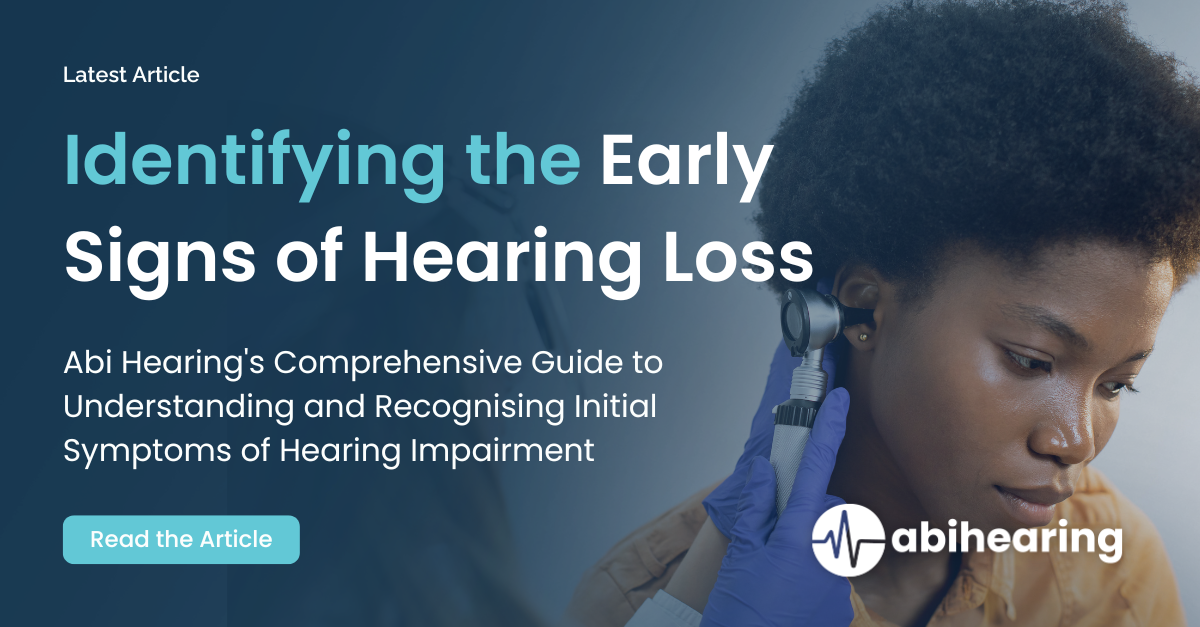What Causes Dizziness and Loss of Balance?
Are you feeling dizzy or experiencing balance issues? If so, you are not alone. Dizziness and loss of balance are common complaints, especially as we age. While most cases are nothing to worry about, it is important to know the causes and seek treatment if needed. In this blog post, we will explore the causes of dizziness and loss of balance and provide tips for how to reduce your risk of falls.
What is Dizziness and Loss of Balance?
Dizziness and loss of balance are sensations that can make it difficult to stand or walk. Dizziness is a feeling that you are spinning or moving, even when you are still. Loss of balance is a feeling that you are about to fall, even when you are standing still. These sensations can be caused by a number of factors, including inner ear problems, medications, and health conditions such as diabetes or high blood pressure.
What are the Risks of Dizziness and Loss of Balance?
Dizziness and loss of balance can increase your risk of falls. Falls can cause serious injuries, such as broken bones or head injuries. To reduce your risk of falls, it is important to know the causes of dizziness and loss of balance and take steps to prevent these sensations.
What Are the Causes of Loss of Balance?
Balance problems can be caused by different pathologies, the most frequent being:
Vestibular Problems
The vestibular system is responsible for maintaining balance and body position, as well as for eye movement coordination. Therefore, any problem that alters the normal functioning of this system can cause dizziness or loss of balance.
Some vestibular conditions that can cause these symptoms are:
- Benign paroxysmal positional vertigo (BPPV)
- Labyrinthitis
- Meniere's disease
- Vestibular neuritis
Neurological Diseases
Diseases that damage the nervous system can also cause problems with balance and coordination. Among these diseases are:
- Alzheimer's disease
- Dementia
- Parkinson's disease
- Cervical spondylosis
Inner Ear Disorders
Damage to the inner ear, caused by infection, Meniere's disease, or exposure to loud noises can also cause balance problems.
Joint Problems
Arthritis and other joint problems can also lead to balance disorders.
Effect of Certain Medications
Certain medications can cause balance problems as a side effect, examples include:
- Antidepressants
- Anti-anxiety medications
- Blood pressure medications
- Heart rhythm medications
- Painkillers
- Sedatives
- Sleeping pills
Peripheral Neuropathy
Damage to the peripheral nerves, which can be caused by diseases such as diabetes or alcoholism, can also cause problems with balance and coordination.
Psychiatric Disorders
Certain psychiatric disorders, such as schizophrenia or bipolar disorder, can also lead to balance problems.
Endocrine Disorders
Diseases of the endocrine system, such as hypothyroidism or diabetes, can also cause instability and imbalance.
Other Causes
There are other causes of imbalance that are less common, such as:
- Low blood sugar (hypoglycemia)
- Dehydration
- Heart attack
- Seizures
- Vision problems
What Are the Symptoms of Dizziness and Loss of Balance?
The symptoms of dizziness and loss of balance can vary depending on the cause. However, some common symptoms are:
- Feeling Lightheaded or Unsteady
- Dizziness or vertigo
- Loss of balance
- Trouble walking
- Nausea or vomiting
- Blurred vision
- Headache
- Trouble hearing
- Fatigue
Medical Tests for Dizziness and Loss of Balance
Balance problems can be caused by multiple problems and pathologies, with which the diagnostic process can be somewhat extensive while possible causes are ruled out.
First, the medical specialist will collect the patient's medical history and perform a physical exam to obtain some information about the cause of the loss of balance.
Some of the tests that are usually performed to find the cause of balance disorders are:
Posturography
The posturography test consists of standing, with a safety harness, on a moving platform. In this way, it is possible to detect at which points there is greater stability. This test is used to rule out problems with the balance system, such as inner ear disorders or damage to the vestibular nerve.
Gait Analysis
The gait analysis is a study of how a person walks. This test can help to identify problems with balance and stability.
In some cases, it may be necessary to perform other tests, such as magnetic resonance imaging (MRI) or a computerised tomography (CT) scan.
Audiometry
Hearing measurement is performed because the vestibular system, responsible for stability and balance, is located in the ear.
Tilt Table Test
The tilt table test is a test that is used to diagnose problems with the autonomic nervous system and loss of balance test. This test is performed by placing the patient on a table that can be tilted to different angles.
Videonystagmography and Electronystagmography
These tests observe eye movements, which are also involved in the vestibular system of balance. The test can also be done in a swivel chair to measure movements during turning.
Dix-Hallpike Maneuver
It consists of the medical specialist carefully turning the patient's head to observe eye movements.
MRI or CAT
These imaging tests are done to look for possible pathologies in the internal structures that cause the balance problem.
Blood Pressure Monitoring
Sudden changes in pressure and heart rate are observed to determine if a lack of pressure or heart disease is causing the symptoms of instability.
Can Pregnancy Cause Dizziness?
Mild dizziness can also be a symptom of pregnancy in women - especially if it's accompanied by nausea and vomiting. The condition is common and appears from the first weeks of pregnancy and can last until delivery.
The symptom occurs, in general, due to hormonal changes in the pregnant woman, which cause a decrease in blood pressure. However, when this discomfort appears along with signs of dehydration, such as dark-coloured urine, it is important to seek professional help.
Loss of Balance When Lying Down
Dizziness at bedtime has multiple possible causes and should be analysed by a specialist. One of the most common reasons is labyrinthitis, an inflammation of the inner ear that makes a person feel the world spinning around them, which gets worse when a person lies down. However, psychological conditions can also cause the symptom.
People with anxiety disorders often feel dizzy, with sensations as if they were going to fall as if they were floating or walking on clouds. This can occur in any position, including when the person is lying down.
Dizziness When Getting Up
When a person feels dizzy when standing up, it can mean changes in circulation. An example would be postural hypotension, which is a sudden drop in pressure, usually caused by gravity, that causes blood to pool in the legs.
It can also mean a BPPV (Benign Paroxysmal Postural Vertigo), triggered by head movements.
Dizziness After Eating
The dizziness felt after a meal can occur for a few reasons. One of them is postprandial hypotension, which is the drop in blood pressure after eating. Another is reactive hypoglycemia, where blood glucose drops after a person eats. Patients who have undergone stomach surgery may also experience the symptom.
Some Tips to Get a Relief
There are several things you can do to reduce your risk of dizziness and falls. First, make sure you are drinking enough water and eating regular meals to keep your blood sugar stable. Second, avoid standing for long periods of time or wearing high heels. Third, if you are taking any medications that could contribute to dizziness, talk to your doctor about alternative treatments. Finally, make sure your home is free of tripping hazards and that you have good lighting.
If you are experiencing dizziness or loss of balance, don’t hesitate to see a doctor. While most cases are benign, it is always better to be safe than sorry. With the help of a medical professional, you can identify the cause of your symptoms and find the best way to treat them.
Treatments for Dizziness and Loss of Balance
Treatment of these stability problems will vary depending on the degree of imbalance and its cause. The main measures that can be taken are the following:
- Vestibular rehabilitation: specialised rehabilitation exercises to train balance and prevent falls. The specialist therapist may recommend a device to help maintain balance, such as a cane
- Canalicular repositioning: This treatment removes the displaced particles from the inner ear that is causing the loss of balance
- New healthy habits: in cases of migraines and other similar pathologies, changes in diet or the use of compression stockings are prescribed to improve stability
- Medications: certain medications are specially indicated to control dizziness, vertigo, and balance problems
- Surgery: in cases of certain diseases, the patient will require a surgical intervention
What Can We Do for You?
If you or someone you know is struggling with dizziness or loss of balance, Abi Hearing is here to help. We offer a variety of services to diagnose and treat these conditions so that you can get back to your life. We can also work alongside your other health practitioners to create a management plan that is right for you.
Abi Hearing has been helping people with dizziness and balance problems for many years. We are experts in the field and can provide you with the best care possible. We offer a variety of services, including:
- Balance and Dizziness Diagnostics
- Vestibular rehabilitation
- Balance training
- Hearing aids and other assistive devices
Don't let dizziness or balance problems hold you back any longer. Call Abi Hearing today to schedule a meeting.
When Should You See a Doctor?
If the episodes of dizziness are frequent or if they last more than a few minutes, it is best to consult a specialist. Also, go to the doctor if:
- The dizziness is accompanied by chest pain, shortness of breath, or heart palpitations.
- There is hearing loss or tinnitus.
- The person has had a head injury.
- The dizziness is so severe that it interferes with daily activities.
- There are episodes of fainting or blackouts.
- There is paralysis or numbness in any part of the body.
If you have any doubts, it is always best to consult a specialist to rule out any possible health problem.
Conclusion
Dizziness can be caused by a number of things, most commonly inner ear problems or medication side effects. Loss of balance can be due to a variety of factors, including inner ear problems, medications, and health conditions like stroke or Parkinson's disease. If you are experiencing dizziness or loss of balance, it is important to see your doctor to determine the cause and receive treatment.
Schedule An Appointment With Our Hearing Health Experts Today!
There are a few different types of Bulk Billed Hearing Tests. The most common type is an audio diagnostic test, which is used to screen for hearing loss. This type of test usually takes around 30 minutes to complete.
If you are interested in getting a Bulk Billed Hearing Test, talk to the team at Abi Hearing. They will be able to tell you if you are eligible for a test and book your appointment at our Bundoora Audiologist Clinic.
The entire team at Abi Hearing looks forward to meeting you. We are ready to answer your questions, fully understand your hearing challenges, and introduce you to exciting new technologies that can give you the excellent hearing you've been wanting.
Book an Appointment
We will get back to you as soon as possible.
Please try again later.
Read the Latest Articles for Abi Hearing Clinic's Audiology
& Hearing Loss Experts

Common Questions About Hearing Aids
-
What does a hearing aid do?
A hearing aid is a device worn behind the ear, in the outer ear canal, or in the middle ear to amplify sounds. It can be used to improve mild to moderately-severe losses due to sensorineural hearing impairment and conductive hearing impairment. Some hearing aids also have a built-in T-coil (telecoil) which can be used to improve the listening experience for people with single-sided deafness, or when there is a lot of noise present.
Hearing aids make it possible for people with mild to severe hearing loss to hear sounds more clearly. There are different types of hearing aids that can be used in either one or both ears.
A digital hearing aid is an electronic device that amplifies sound. Digital hearing aids convert sound waves into electrical signals that are then amplified. This type of hearing aid is a more modern technology offering greater benefits to users.
-
How do I know if I need a hearing aid?
If you have trouble hearing, or if people complain that you're turning the TV volume up too high, you may need a hearing aid. A hearing test can confirm whether you have a problem.
-
How do I know which type of hearing aid is right for me?
Your audiologist will help you choose the type of hearing aid that's best suited for your needs and lifestyle. Factors that will be considered include the severity of your hearing loss, your listening environment, and your budget.
-
What are the different types of hearing aids?
The four main types of hearing aids are:
1. Behind-the-ear (BTE)
This is the most common type of hearing aid. It sits behind the ear and has a clear plastic tube that goes down into the ear canal. BTEs are available in a variety of styles and colors, and are the most durable type of hearing aid.
2. In-the-ear (ITE)
This type of hearing aid is custom made to fit snugly in the outer part of your ear. ITEs are less visible than BTEs, but they may not be as durable.
3. In-the-canal (ITC) and completely-in-the canal (CIC)
These are the smallest and most discreet type of hearing aid. ITCs and CICs sit in the ear canal and are not visible once they are in place. They can be more difficult to adjust than other types of hearing aids.
4. Invisible Hearing Aid (IHA)
An invisible hearing aid is designed to be worn for extended periods of time to minimise the hassle of managing your hearing health. The devices are inserted deep into the canal, by a qualified Audiologist and remain there for their lifecycle.
-
What are the different parts of a hearing aid?
The different parts of a hearing aid include:
1. The microphone
This is the part of the hearing aid that picks up sound from the environment.
2. The amplifier
This part of the hearing aid increases the volume of sound that is picked up by the microphone.
3. The receiver
This is the part of the hearing aid that sends sound to your ear.
4. The battery
This powers the hearing aid. Hearing aids use either disposable or rechargeable batteries.
5. The processor
This controls how the hearing aid sounds and adjusts to different environments.
6. The casing
This is the outer shell of the hearing Aid.
-
What are the different features of a hearing aid?
There are many different features that you can choose from when you buy a hearing aid. Some common features include:
1. Volume control
This lets you adjust how loud or soft the sound is coming through the hearing aid.
2. Tone control
This allows you to adjust the tone of the sound, making it sound more natural.
3. Noise reduction
This feature reduces background noise, making it easier to hear conversation.
4. Directional microphones
This feature allows you to adjust the hearing aid so that it picks up sound from the front, making it easier to hear in noisy environments.
5. Telecoil
This is a special setting that helps you hear better on the telephone and in places where there is a loop system set up (such as a movie theatre or museum).
-
What are the different types of hearing loss?
There are two main types of hearing loss: conductive and sensorineural.
1. Conductive hearing loss
This type of hearing loss occurs when there is a problem with the structure of the ear or the way that sound waves are conducted through the ear. Conductive hearing loss can be caused by things like wax build-up, infection, or damage to the ear.
2. Sensorineural hearing loss
This type of hearing loss occurs when there is a problem with the inner ear or the way that the brain interprets sound. Sensorineural hearing loss can be caused by things like age-related hearing loss, noise exposure, or injury.
-
What are the benefits of using a hearing aid?
There are many benefits to using a hearing aid. Some of the most important benefits include:
1. Improved communication
Hearing aids help you hear better in both quiet and noisy environments, making it easier to communicate with others.
2. Improved quality of life
Hearing aids can help you stay connected to your loved ones and participate in activities that you enjoy.
3. Improved safety
Hearing aids help you hear warning signals and other important sounds, making it easier to stay safe in your environment.
4. Improved mental health
Research has shown that using a hearing aid can improve your mood and overall well-being.
5. Improved self-confidence
Using a hearing aid can help you feel more confident and social, which can lead to a better quality of life.
6. Reduces the risk of developing dementia
Research has shown that using a hearing aid can reduce the risk of developing dementia by up to 50%.
7. Reduces the risk of falling
Hearing aids help you hear better in your environment, which can help you stay safe when walking or climbing stairs.
8. Reduces the risk of social isolation
Hearing loss can often lead to social isolation, but using a hearing aid can help you connect with others and stay involved in your community.
9. Affordable
Many health insurance plans cover the cost of hearing aids, making them more affordable for those who need them.
10. Customizable
Hearing aids come in many different styles and colours, so you can find one that fits your personality and lifestyle.
-
Which hearing aids can I choose from at Abi Hearing?
-
How do I know if I need a hearing aid?
We all know that hearing loss can cause many problems. It can be a serious issue for those who work in noisy environments, in the office or on the construction site, or an inconvenience for someone wanting to tune into their favourite TV show. If you have any of the following symptoms, it is time to schedule an appointment with your audiologist:
Any noticeable change in your hearing
You have a hearing loss that is severe enough to interfere with your life
You have tinnitus
You have sudden and unexplained hearing loss
You are not able to hear a conversation from across the room or in a quiet room
You are missing conversations on your Phone or in the car
You experience dizziness, vertigo, or ringing in the ears
If you are experiencing any of these symptoms, it is important to schedule an appointment with your audiologist. The sooner you get treatment, the easier it will be to manage your symptoms and the less they will impact your life.
-
Can hearing aids cause vertigo?
There is no evidence to suggest that properly fitted hearing aids can cause vertigo. However, if you are experiencing vertigo or other dizziness-related symptoms, it is important to speak with your audiologist. There may be another underlying cause for your symptoms that needs to be addressed.
-
How often do hearing aids need to be replaced?
Hearing aids do not need to be replaced on a regular basis. However, over time they may start to lose their effectiveness or become damaged. If you notice that your hearing aids are not working as well as they used to or if they are damaged, it is important to see your audiologist for a replacement.
-
Can hearing aids cause headaches?
There is no evidence to suggest that properly fitted hearing aids can cause headaches. However, if you are experiencing headaches, it is important to speak with your audiologist. There may be another underlying cause for your symptoms that needs to be addressed.
-
Are hearing aids waterproof?
Most hearing aids are not completely waterproof, but most models come with a water-resistant coatings that can protect them from light rain or accidental exposure to water. It is important to remove your hearing aids before swimming or showering.
-
This Page Talks About:
Vestibular systems, unbiased advice, trained, tinnitus management, tinnitus, tests, test, support, specialists, services, seek, ringing, request, range, quality, qualified, purchase hearing aids, professional, patients, melbourne vic, melbourne, life, latest technology, latest equipment, independent audiologists, independent, helpful, hearing tests, hearing test, hearing services, hearing needs, hearing loss, hearing health, hearing concerns, hearing care, hearing australia, hearing assessment, hearing aids, hearing aid manufacturer, hearing aid, hearing, hear, health, friendly environment, free online hearing test, free hearing check, free hearing, foster, ears, ear wax removal, ear wax, ear, doctors, devices, contact, communication, clinic, clients, children, businesses, better hearing, best audiologists, australia, audiology, audiologists, audiologist near me, audiologist, appointment, aids, aid brands, ages, advice, adults.
Subscribe to our newsletter to stay up to date with our latest offers.
Contact Us
We will get back to you as soon as possible.
Please try again later.
Williamstown Hearing Clinic
54 Electra Street,
Williamstown, Victoria
3016
Business Hours:
Monday to Friday
9.00am to 5.00pm
Phone: (03) 9399 9536
Email: info@abihearing.com.au
North Melbourne Hearing Clinic
Suite 228/55 Flemington Rd,
North Melbourne, Victoria
3051
Business Hours:
Thursday to Friday
9.00am to 5.00pm
Phone: (03) 9326 5334
Email: info@abihearing.com.au
Williams Landing Hearing Clinic
111 Overton Road,
Williams Landing, Victoria,
3027
Business Hours:
Thursday to Friday
9.00am to 5.00pm
Email: info@abihearing.com.au
Point Cook Hearing
Clinic
15 Kenswick Street,
Point Cook, VIC,
3030
Business Hours:
Thursday to Friday
9.00am to 5.00pm
Phone: (03) 7018 7477
Email: info@abihearing.com.au






